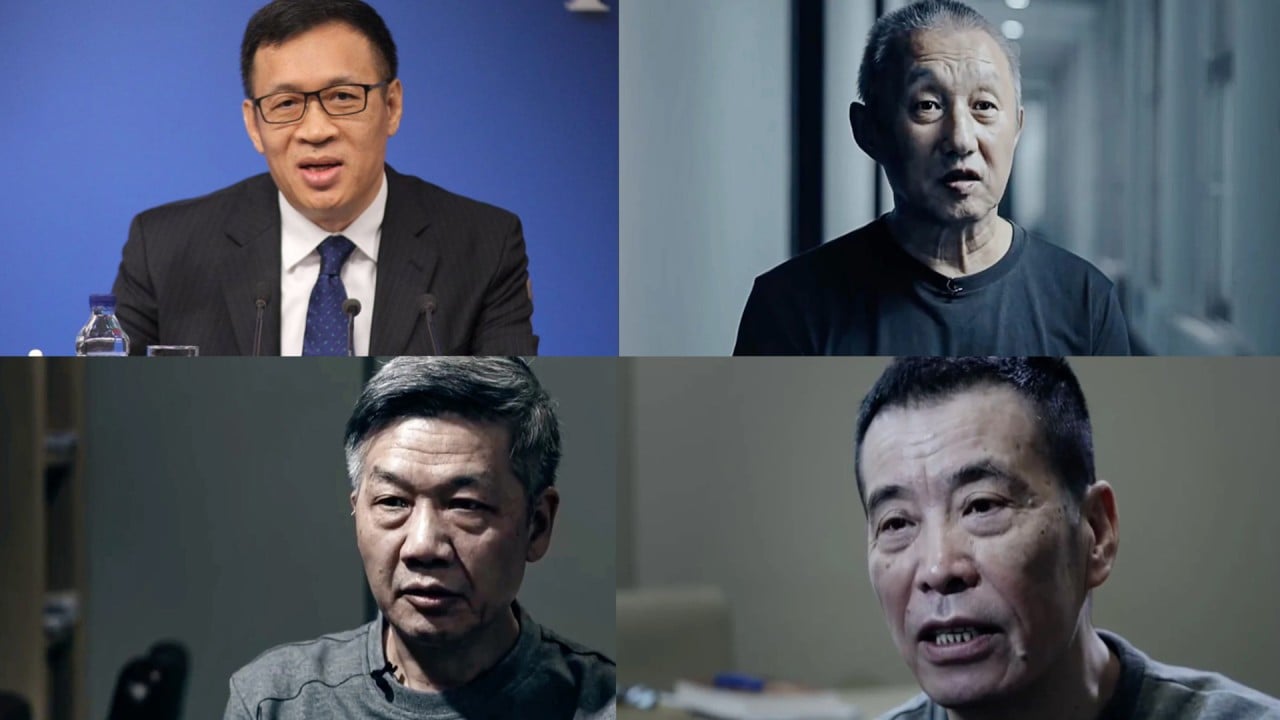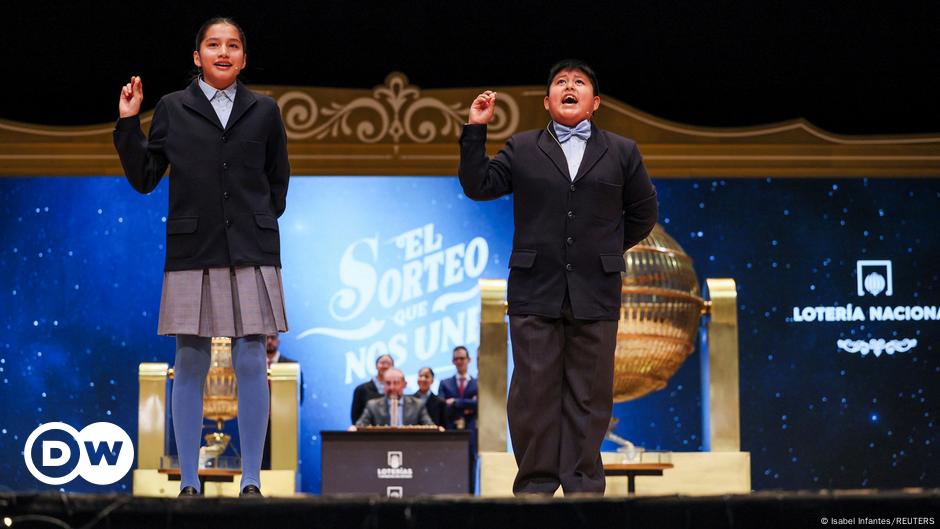Sports
China’s centralised sports system spurs debate after Paris Olympics

Every four years around this time, when the world’s focus turns intently to the thrill of victory at the Summer Games, an old debate returns to the fore in China over the roles of the market and the government in sports.
The first Asian tennis player to win such an honour, Zheng’s path to success deviated from that of nearly every other Chinese athlete competing in the Games. It was more about the support she had received from family, rather than state-led cultivation, and it was widely seen as the best evidence that China can foster world-class athletes through market-oriented means.
“[It shows that] without the support and shackles of the national system, one can also live an epic life relying on the full release of their personal capabilities, talent and potentials,” said one user on the popular Weibo microblog service.
China has a highly centralised national sport system in which governments at all levels have extensive control over almost every link in the chain – from talent recruitment and training regimens to commercial promotion.
But the rigidness of such a state-controlled system conflicts with certain sports that have more complete commercial networks worldwide, including tennis.
Such cases show that incomplete marketisation in certain sports can throw the door open to corruption, said Li Wei, a professor of economics at the Cheung Kong Graduate School of Business in Beijing.
The national sports system means the government determines a specific sports goal and then concentrates limited resources on the field to strive for competitive advantage, Li wrote in a column published on July 30 by the Caixin media platform.
And it is easier to achieve those targets in less-competitive events such as weightlifting, compared with those that are more popular and more fiercely competitive, such as football and basketball, he added.
“In fact, both the national system and commercial sports have their own strengths,” Li said. “What we need to do now is act according to the laws of sports, separate the national system from commercial sports … carrying out different operations respectively.”
Football is a typical commercial sport, and if it can be fully marketised, it would be of huge commercial value in China, he said.
“Only by deregulating commercial sports, allowing the market to appear where it should appear, to allocate resources, can China move from a big sports country to a real sports powerhouse,” Li said.











